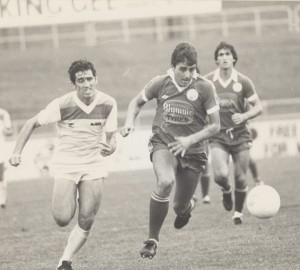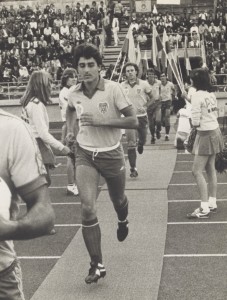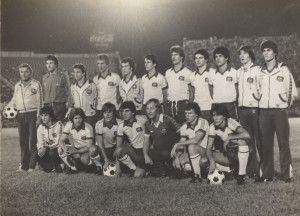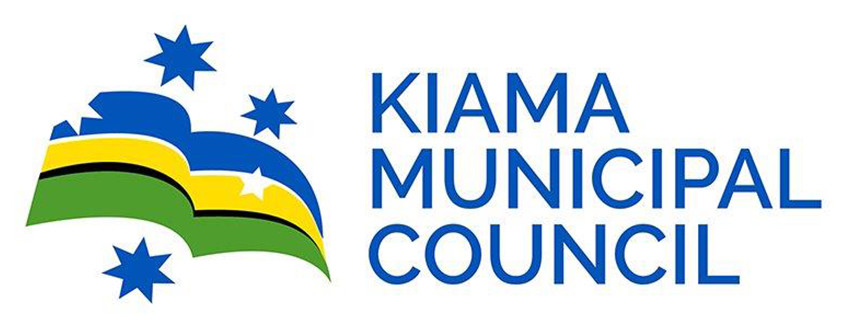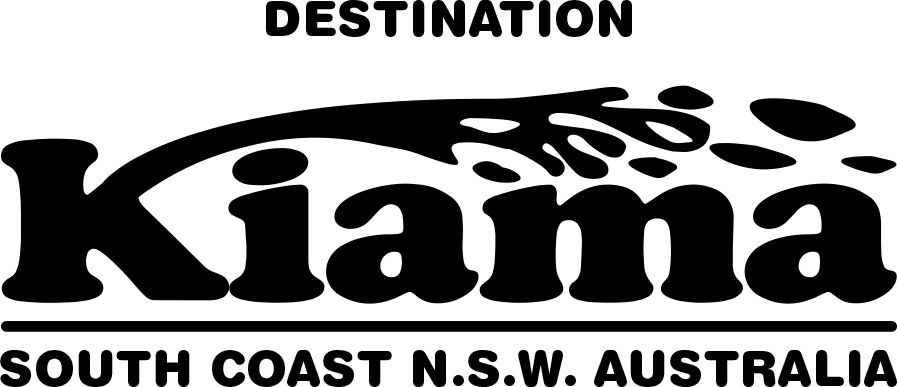Although, Danny Moulis, the former Socceroo and current FFA Board member, had been absent from active participation in football since 2001, he could hardly be considered a born again devotee as he waited for his opportunity to re-enter the game.
For those privileged to witness his swashbuckling, overlapping runs down the right flank in the star studded Sydney Olympic team managed by the legendary, Tommy Docherty, during the 1981 and 1982 NSL seasons, the memories will live forever.
Show me a current A- League outfit which can boast the talents of his locally produced team-mates Jim Ziras, Graham Jennings, Peter Katholos, Peter Raskopoulos, Mark Koussas, Gary Phillips, Gary Meier and the inimitable Marshall Soper.
Fortuitously, Moulis staged his comeback at the perfect time as the FFA struggles to maintain a semblance of stability and control of the game.
In this interview with Roger Sleeman, Danny Moulis answers the difficult questions confronting the game and outlines his solutions to take it forward.
ROGER SLEEMAN
Can you retrace your early years in football and your progression to senior level?
DANNY MOULIS
I played my junior football with Canberra North and we were fortunate to win everything.
We were regarded at the time as Canberra’s junior super club and received headlines in the local sports section.
I was fortunate to come into contact with Johnny Warren at the age of fifteen and was coached by him at his Gold Creek Homestead after playing representative football in the ACT.
I was subsequently selected in the Australian Schoolboys.
When John was appointed coach of Canberra City for the first year of the NSL IN 1977, he wanted to promote young players and I was fortunate he was fully aware of my ability.
My dream came true when I was selected for Canberra City in the first NSL match against West Adelaide at the tender age of 16 years and 9 months.
I was also part of the first Australian Youth team which competed in qualification matches in Paraguay in 1979 under the guidance of the mercurial Rudi Gutendorf, and eventually received four caps for the Socceroos.
When I left Canberra City at the end of the 1980 season, I played with some of the greatest talents ever produced in our game at Sydney Olympic under the tutelage of Tommy Docherty Unfortunately, in 1982, I suffered a serious injury which ended my professional career.
Pictured: Danny Moulis running out for Canberra City in the Phillips Soccer League (PSL)
R.S.
After being absent from the game for so long, why did you come back?
D.M.
I never was completely out of the game, although I was focussing on my legal career.
I competed at lower levels and in masters’ competitions and also was involved at Canberra Cosmos from 1999-2001.
I secured the equivalent of the club’s biggest sponsorship when Arminia Belfield gained the services of goalkeeper, Danny Milosevic, without paying a transfer fee.
I was successful through the legal process in obtaining $120,000 for the Cosmos.
Furthermore, when the club was in debt to the tune of $4.2 million, I became Chairman, placed it into administration and then refloated the club, giving it one more season in the NSL.
I’ve always looked for an opportunity to make a difference in the game because I firmly believe, the football community needed a voice from people who are part of its culture.
I was at Sydney Airport a few years ago and read in the paper that Peter Tredinnick had vacated the FFA Board and they were looking for a replacement. I contacted David Gallop who arranged an interview with Steven Lowy and subsequently was nominated and elected unopposed.
Pictured: Australian Youth Team in Paraguay 1979
R.S.
How did you view the state of the game when you were appointed to the Board?
D.M.
I must admit there was a lot to learn as I wasn’t familiar with the setup and the administration.
I had a lot of contact with the old Soccer Australia administration while I was involved with the Cosmos when they were trying to exclude clubs like Canberra and Brisbane from the NSL.
From outside looking in, the game was in good shape with a strong A- League and 100% qualification for the World Cup since the FFA started.
However, I did sense that more interaction with the stakeholders could be a positive as they had a great desire to see the game advance to see their interests materialise.
R.S.
What is your opinion of the Board and how they contribute to the betterment of the game?
D.M.
I have a high opinion of my fellow directors and their impartial approach to the decision making process.
However, what we’re hearing from the football community is the Board is not as responsive or as reachable as it needs to be.
What is required is a response to the membership which can take the game forward to satisfy the ideals of all parties.
R.S.
At last count, the FFA had 105 employees.
Can this be justified?
D.M.
They are a very professional group of people, but do we need the FFA to be all things to all people?
Perhaps, more responsibility should be given to the football community, e.g. creating a separate operating model for the A- League where the clubs run their own business.
Critically, does the FFA need so much control of many aspects of the game, rather than opening up and decentralising to allow the football community to be involved under its guidance and stewardship ?
If we are more open and inclusive, there would be fewer people required in the organisation.
R.S.
What is your opinion of the A- League and the drop in crowds and TV ratings this season, due partly to the success of the Big Bash League?
D.M.
I came to the Board on a platform of expansion and a separate operating model for the A- League which should’ve happened before.
I’m also a great supporter of NPL and grass roots football and they should be given the opportunity to be represented at the highest level, not just as a 2nd division.
I don’t think our game needs the dancing girls and flame throwers of the BBL because we know how exciting and skilful our game is which does create a community response as evidenced by the early seasons of the Wanderers.
At the moment there’s not enough diversity in the A-League format. The tribes can’t go to war. We need new territories to conquer and to boost fan numbers.
R.S.
David Gallop’s favourite reference is to football’s ownership of the greatest number of participants.
However, this is not matched by A-League or NPL crowds.
How do you think this can change?
D.M.
It won’t happen only through marketing but by building a sense of community engagement.
As Melbourne Victory achieved from day one of the A-League.
If the A-League clubs had more control over their finances and destiny, rather than relying on the FFA, there’d be more community engagement. That would be essential for their own viability.
R.S.
When you first played for the Australian Youth team and under Tommy Docherty at Sydney Olympic, there were dozens of young quality players.
Why isn’t this happening now and what is being done to address the problem?
D.M
There is the scenario of younger players going overseas much earlier so we have to offer them incentives to stay and play in the A- League.
There is still an abundance of skill and athleticism in our young players and the move to accredit A- League academies is a positive step, despite the previous success of the Centres of Excellence which unfortunately were not cost effective in bringing young talent through.
R.S.
Many people believe the World Cup coaching selection process was a fiasco.
Why didn’t the FFA appoint Jurgen Klinsmann on a three year term, rather than the short term appointment of Bert Van Marwijk?
D.M.
Bert was a great appointment because he knew our team, and as an opposing coach, he studied our strengths and weaknesses.
In his assistant coach, Mark van Bommel, we have a person of equal calibre to Klinsmann.
R.S.
As a former player, you must surely realise there are a very small percentage recognised by the current administration.
Why is this?
D.M.
Those former players should demonstrate leadership because they don’t have an organisation they can call their own.
The PFA only represents current players but if the former players join forces, they can become a powerful political force.
The FFA is completely open for them to come forward and participate but there’s an obligation on them to get organised.
I would be happy to be part of that process because they hold so much of the history and passion of the game and they can serve as the light on the hill.

